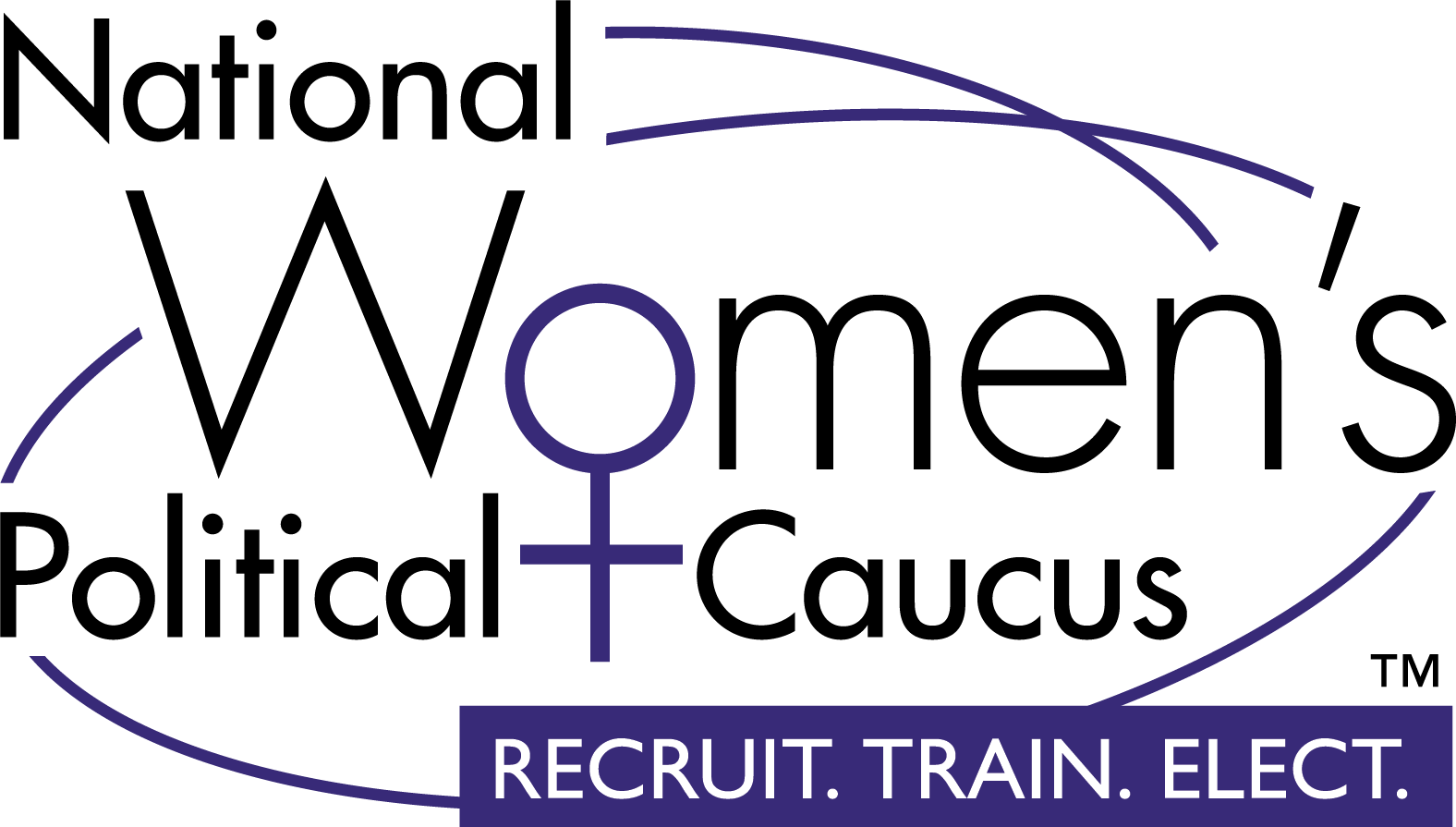By Dr. Carmen Schaye, NWPC Vice President of Diversity
On Tuesday, Federal District Judge John Howard Sachs blocked the state of Missouri’s attempted changes to its abortion legislation. The proposed bill criminalizes doctors who perform procedures after 8 weeks of pregnancy and carries with it the threat of up to 15 years in prison. While the State of Missouri’s proposal includes exemptions for cases of “medical emergency,” or where the mother’s life is in danger, there is no similar provision for cases of rape or incest. Missouri has sought to outdo the efforts of Ohio and Arkansas in drafting the most restrictive “Pro-Life” legislation to date and become in the words of its governor, Mike Parson, “the most ‘Pro-Life’ state in the country.”
Let us be clear, this is an attempt to bring to fruition a longtime conservative dream, namely the reversal of the landmark 1973 Roe v Wade ruling on abortion. There is a whole digression to be had on the idea, introduced here by Gov. Parson, that there are degrees of “Pro-Lifeism” and it is no longer enough for a conservative to be “Pro-Life,” they must be “Pro-Life-enough.” Let us leave that alone for the moment and look instead at what this piece of legislation, and those like it, are seeking to accomplish. The late author and polemicist Christopher Hitchens was, as usual, eloquent in clarifying the link between power, poverty and female repression:
“The cure for poverty has a name, in fact: it’s called the empowerment of women. If you give women some control over the rate at which they reproduce, if you give them some say, take them off the animal cycle of reproduction to which nature and some doctrine—religious doctrine— condemns them, and then if you’ll throw in a handful of seeds perhaps and some credit, the floor of everything in that village, not just poverty, but education, health, and optimism will increase. It doesn’t matter; try it in Bangladesh, try it in Bolivia, it works—works all the time. Name me one religion that stands for that, or ever has.”
There is, as Hitchens points out, a link between reproductive rights and the emancipation from poverty. When women are free to participate in all aspects of society, everyone benefits. This is not in the interests of the existing power structure.
A population that has a lot of babies is advantageous to the state for several reasons: 1. It provides a workforce that can drive the economy and make money for those in power. 2. It provides soldiers for the army (it is no coincidence that some of the states that are the most hostile to abortion, also supply a great proportion of the nation’s military). 3. Most importantly, however, it helps maintain the social order. Large families are, in general, poorer and resources are spread more thinly. If a person is constantly engaged in the business of earning enough to survive, there is very little time or energy left to challenge the social structure.
In the past it was monarchies, through Catholic doctrine that served as the State’s enforcer of reproductive orthodoxy: it encouraged large families, burned witches, insisted on a wife’s subservience to her husband and banned contraception when it became available. The control of a woman’s reproductive system was a deliberate and institutionalized attempt to keep society poor, ignorant and in no position to challenge the dominant power structure. This suited the state very well and for over a thousand years religious institutions and states supported each other’s grip on power. The Founding Fathers recognized the tyrannical effect of this alliance and enshrined the separation of church and state in the Constitution. This principle is now being undermined by a new alliance of church, in this case, the powerful evangelical lobby and state and is the driving force behind this attack on reproductive rights.
The fight between the States and the Federal government over reproductive rights is heading for the, now conservative-leaning, Supreme Court. We must hope that there is enough non-partisan constitutional honesty on the court to protect the constitutional separation of church and state. The attempt at using religious justification to change federal law is as unconstitutional as it is un-American.

